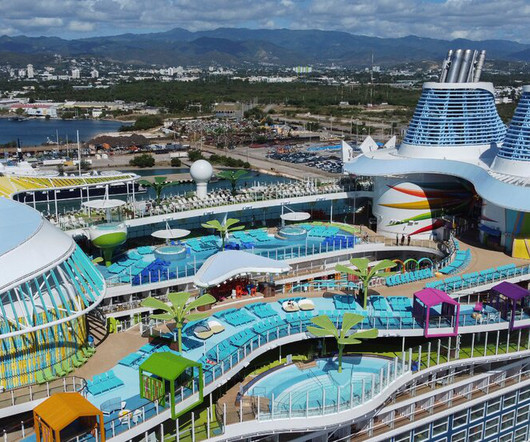IMO sets 2020 date for ships to comply with low sulfur fuel oil requirement; 5000 ppm
Green Car Congress
OCTOBER 29, 2016
The International Maritime Organization (IMO), the regulatory authority for international shipping, decided to implement a global sulfur cap of 0.50% m/m (mass/mass) (5,000 ppm) on fuel oil starting 1 January 2020 during its Marine Environment Protection Committee (MEPC), meeting for its 70 th session in London.













Let's personalize your content